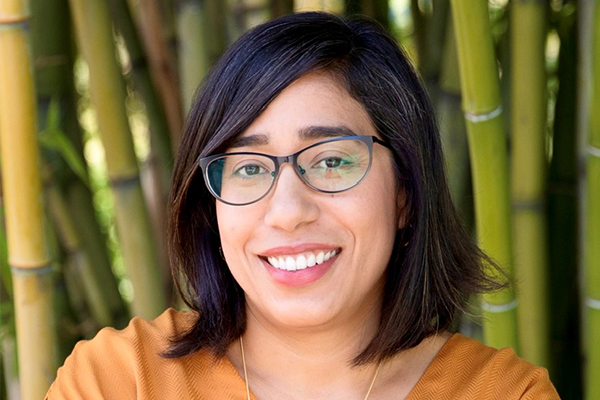News, articles, and interesting stuff from the College of Business
OnPoint Builds Custom DEI Trainings
Working with Oregon State University’s Center for Advancing Diversity, Equity and Inclusion (DEI) in Business, OnPoint launched self-paced DEI learning modules.

As the pursuit of racial justice and economic equity continues, many industries and organizations across the country are looking inward. Locally, OnPoint Community Credit Union, which employs roughly 1,000 people and serves more than 410,000 members and 33,000 businesses across Oregon and southwest Washington, is one such organization.
Partnering with Oregon State University’s Center for Advancing Diversity, Equity and Inclusion (DEI) in Business, OnPoint launched an online, self-paced DEI learning module series for OnPoint employees to advance the organization’s critical work in this area. The first set of modules, released in March 2021, is part of a larger effort for OnPoint to examine its policies and practices through an equity lens.
“We focused on DEI before racial justice became an area of heightened concern last summer, but our work has accelerated and taken on a greater sense of urgency since then,” said Josephine Davis, OnPoint’s diversity, equity and inclusion program manager.

OnPoint’s internal DEI work is focused on developing intentional, authentic and sustainable educational resources to support its employees’ understanding and adoption of DEI across the organization. Founded by 16 Portland schoolteachers in 1932, originally as Portland Teachers Credit Union, education was key to OnPoint’s commitment to creating lasting and tangible change across its organization and the community it serves.
To launch a meaningful DEI education program, OnPoint recognized it needed external perspectives and expertise. The OSU partnership led to a tailored series of modules that align DEI learning with an OnPoint guiding principle — that DEI is mission critical.
“The intention of these training modules was not to indoctrinate our employees into a certain belief system,” said Davis. “Rather, we wanted to present folks with credible information, highlight opportunities to consider different perspectives, and most importantly, invite them to apply the content presented to their everyday interactions with each other, our members and our communities.”
One goal of the modules is to provide employees with a historical and political context about the inequities and disparities that have increasingly become a focus at the local, national and international level. Davis and her team also included specific information about the role the financial services industry has historically played in fueling economic inequity.
“Our work has accelerated and taken on a greater sense of urgency.”
Josephine Davis, OnPoint
“Oregon has a particularly complicated history with racial issues,” said Audrey Iffert-Saleem, director of the OSU Center for Advancing DEI in Business. “The historical legacies of real-estate redlining, segregation and exclusion laws created economic disparities that continue to impact and decrease access to banking services and wealth-building tools for people of color.”
Iffert-Saleem, along with Anne Sinkey, the center’s program manager, took care to address this vital historical context for OnPoint and educate employees on how current day experiences and interactions are deeply tied to the past.
“Making those direct, industry-specific connections between inequity and everyday behaviors is so important to this work,” said Sinkey. “The training was designed to connect people with a set of tools to make decisions through a diversity, equity and inclusion lens.”
The voluntary learning program has been well-received by OnPoint employees, with more than 75% of employees completing it to date. Participating employees have expressed an increased confidence in their knowledge of DEI and a better understanding of the historical implications specific to the banking industry. One employee shared that “the training gave me practical concepts to think about related to privilege and opportunity. It’s some of the best training material I’ve recently read.”
OnPoint plans to add learning modules as part of its DEI program as well as expand partnerships — because meaningful change cannot happen in isolation. OnPoint will continue engaging OSU and other partners with the goal of lowering barriers to financial services that help build wealth for all.